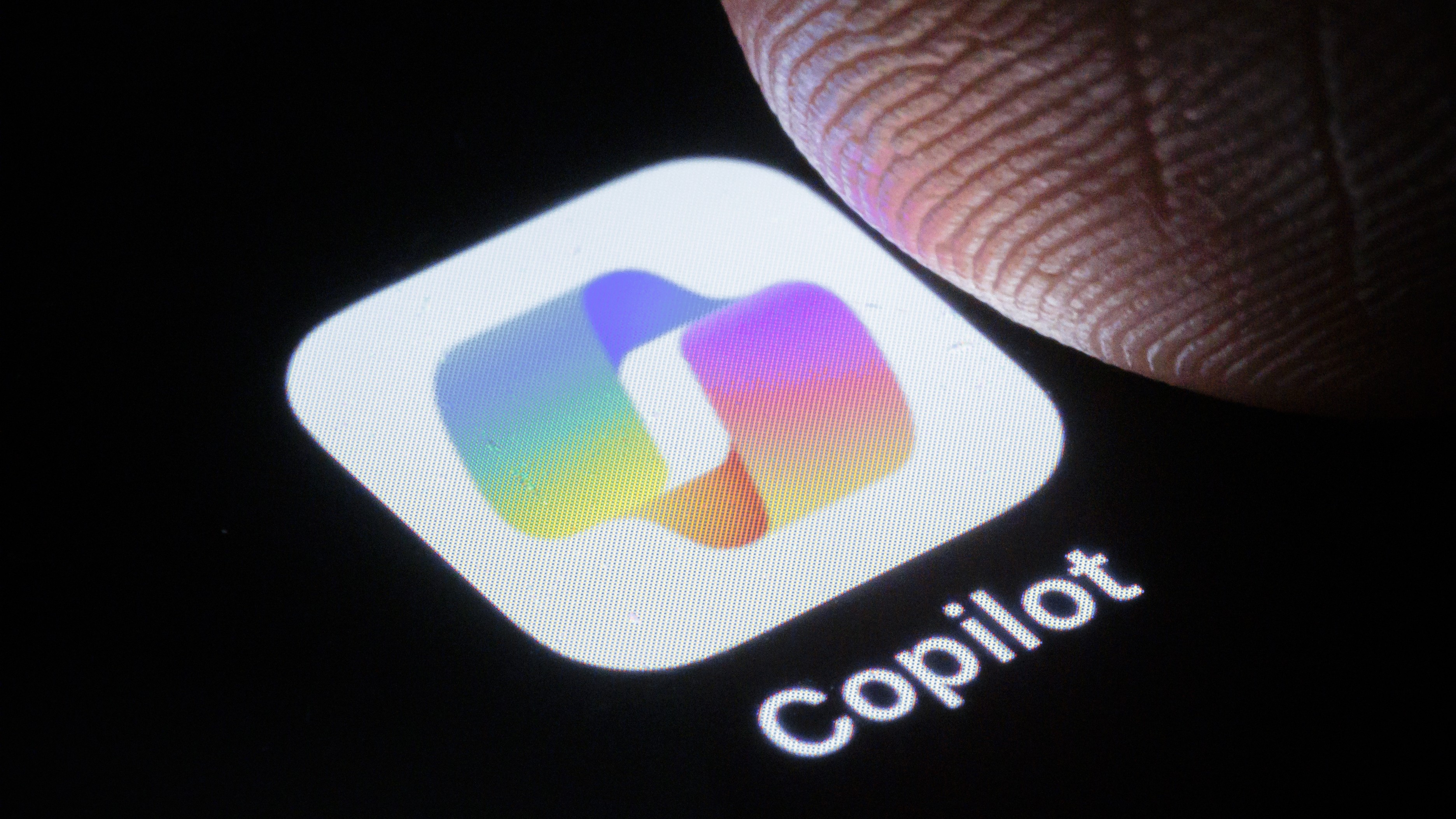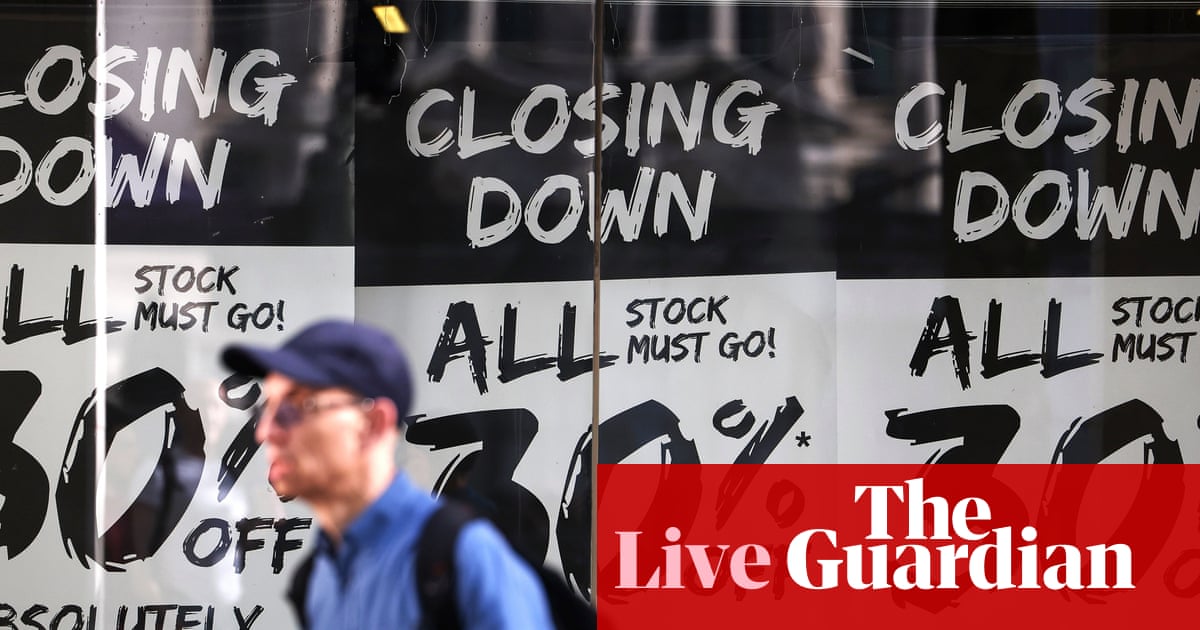T4K3.news
DeLong warns against blaming AI for job struggles
Brad DeLong emphasizes that economic factors cause difficulties for recent college graduates.

Economist Brad DeLong highlights economic factors over AI in the job market.
Brad DeLong criticizes blame on AI for job market struggles
Recent college graduates are facing severe job market challenges, according to economist Brad DeLong. In a recent essay, he argues that the struggles are rooted in a weak economy and policy uncertainty rather than artificial intelligence. DeLong emphasized that widespread caution among companies leads to a significant slowdown in hiring, impacting entry-level positions. This trend is evident as even high-profile executives like Gary Cohn acknowledge troubling indicators in the economy. Despite low overall unemployment figures, new graduates find themselves in a precarious situation, with a growing gap in job prospects compared to previous generations. As businesses delay hiring decisions amid fears of changing regulations and economic shifts, DeLong's insights underscore a shift in the job market where traditional securities associated with a college degree are diminishing.
Key Takeaways
"Policy uncertainty has paralyzed business planning, leading to hiring freezes."
DeLong explains how economic uncertainty affects job creation.
"This risk aversion is particularly damaging for those at the start of their careers."
DeLong emphasizes the impact of sluggish hiring on new graduates.
"The rise in the college wage premium is over, and a decline has probably begun."
DeLong discusses changing dynamics around college degrees in the job market.
"There is no semi-convincing narrative that ‘AI is to blame’ for entry-level job scarcity."
DeLong refutes the simplistic attribution of job loss to AI advancements.
DeLong's perspective offers an essential counterpoint to the often-lamented narrative that attributes job market difficulties solely to advancements in technology. Instead, he identifies deeper, systemic issues such as policy uncertainty and a cautious business climate. This risks perpetuating a cycle of stagnation for new graduates, for whom opportunities are already diminishing. Companies are now more inclined to invest in infrastructure rather than nurturing young talent. As DeLong notes, the rising importance of entry-level jobs may falter under the weight of economic insecurity, shifting the expectations for future graduates and the workforce as a whole. The decline of the college wage premium only adds to these complexities.
Highlights
- Blame a risk-averse climate, not technology, for job woes.
- Job seekers face an uncertain future amid economic caution.
- Investing in AI chips takes precedence over hiring young talent.
- The value of a college degree is not the guarantee it once was.
Economic uncertainties threaten job prospects
As businesses face policy uncertainty, hiring slows, disproportionately affecting recent graduates. This climate may hinder their entry into the workforce and destabilize future job markets.
Understanding these dynamics could reshape how universities prepare students for the workforce.
Enjoyed this? Let your friends know!
Related News

Jobs report reveals alarming decline in job growth

Bernie Sanders Addresses AI and Worker Rights

Microsoft's Copilot faces user preference for ChatGPT

Sam Altman warns AI may eliminate jobs in customer service

AI model featured in Vogue's Guess advertisement

Economist warns U.S. economy faces recession risk

Company insolvencies drop in England and Wales

Intel plans to reduce workforce by 25000 in 2025
